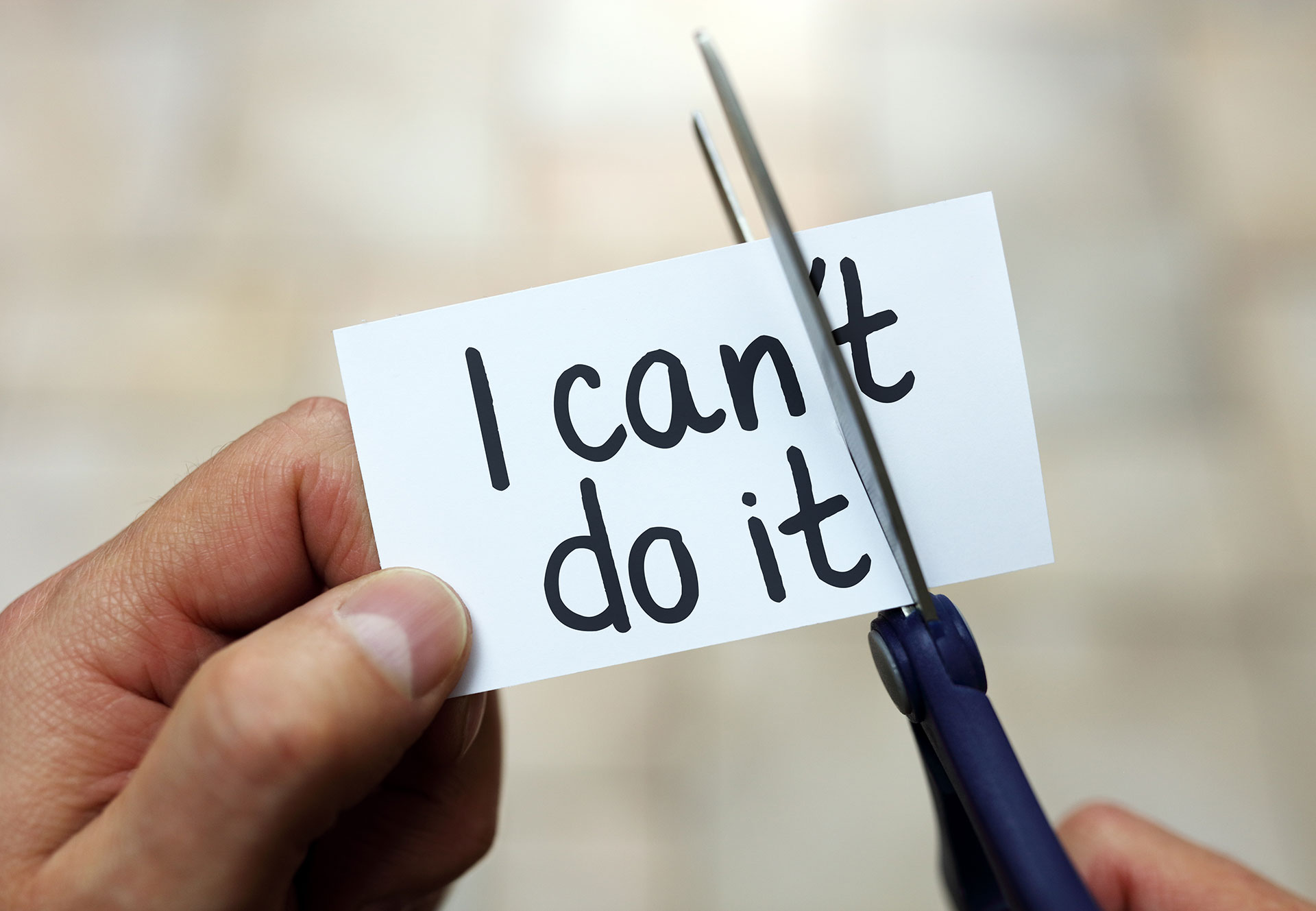
“The body is like a piano, and happiness is like music. It is necessary to have the instrument in good order.”
Henry Ward Beecher
A large part of my job is based on accountability.
Knocking on a person’s door every week goes a long way in adherence to an exercise program.
Many a client have commented that if I wasn’t checking in with them on a regular basis they probably would have let their exercise program slide more than once.
Obviously a trainer can’t be around a client 24 hours a day nor can everyone afford a trainer on a weekly basis. Not to mention the obvious dependency type of relationship that is created.
Then how do these people stay accountable and motivated when the trainer is not around or don’t have access to one?
Staying Motivated – Some suggestions
write down goals
workout with a friend
reward small goals reached
chart progress
These suggestions are all valid and can be effective. Personally, I have even gone as far as getting a woman who needed motivation to write a check to her ex-husband and give it to me. I told her I’d mail it to him in a month if she didn’t follow the program. She followed – for a month.
These can all be effective short term answers.
But they seem to be just that – short term.
The key is to anchor the motivation to the most important thing(s) in your life.
What do I mean?
Basically if I went into your house and looked around at the pictures and keepsakes what would they say? Would there be pics of family, travel, golf, motorcycling, or an impressive wine collection?
This simple exercise can give insight into a person’s life.
The top three areas of importance are typically: family, social life and health with work a distant third or distant 10th.
When I ask clients, “What is really important to you?”
The response, “Health of course.”
Usually this answer is given because they think this is what I want to hear.
To be honest, I really don’t care what the answer is. It could be going dancing every weekend at the clubs till 3am and getting wasted. As long as the person realizes that their exercise and lifestyle program on the other days will enhance that experience then it should be an easier sell.
For now lets focus on the most common answer – Family.
If your health is suffering will your quality and quantity of time spent with your family be affected?
I would say yes.
A chronic bad back or excess body fat can have major impacts on family time. If your back is too sore to play with your kids, swim with your loved ones then it won’t matter if you have millions in your bank account because your quality of life is not optimal.
We need to anchor our motivation to what’s important
How would living a healthy active lifestyle affect the family relationship?
It not only can enrich your life but those around you. You become the example with what you say and do whether you choose to or not. We all tend to learn from others. We learn from the success of others and we hopefully learn from other peoples failures.
Wouldn’t your time with your family be a much fuller, richer experience?
How so you ask?
The more energy that typically accompanies a positive lifestyle change allows you to do more of what you love. It enables you to enjoy hiking, swimming, golfing and or other activities with your family. If you have more energy then it is a safe bet to think your mood would be better thus enhancing the experience.
When an important part of your life is being managed properly then other areas tend to flow in more harmony. You could say organization begets organization.
Psychologist Jerry Wesch once said, “If you have a big enough dream, you don’t need a crisis!”
This is a great quote and proves a point.
A dream can be a powerful motivator
Everybody has one – or should have one. A dream to hike Kilimanjaro? A dream to walk your daughter down the aisle on wedding day? A dream to play with your grand-kids? A dream to kayak the grand canyon?
Regardless what the dream is – use it as the driving force.
If you don’t have a dream then get real clear on what you don’t want.
I don’t want to die early.
I don’t want to be a burden on my loved ones and take a long painful exit out of this life.
I don’t want my physical body to hold me back from things I love to do.
Changing behavior because your doctor told you or for a 4 week fat loss contest usually sets someone up for only short term adherence at best.
A key question I ask clients is, “Do you want to live to 100?“
Most (not all) say yes. They tend however to hang a condition on it like, “Only if I’m healthy.”
We really do have a say In our health.
CDC estimates that 40 percent of cancer, as well as 80 percent of heart disease, stroke, and type 2 diabetes are affected by lifestyle choices.
We tend to take our health for granted. Even when someone is faced with a terminal outcome they rarely change. Ask any cardiologist how many people change after a brush with death and they will tell you about a small minority.
Did these people have a dream?
Did they have a clear purpose?
Were they clear on their values?
Are they a ship without a rudder?
How about a reality check?
The life expectancy of someone born in 2014 in Canada is 81. that would be a total of 29,565 days
If you are now 35 you have 16,790 approximately remaining.
If you are 45 you have approximately 13,140 left.
If you are 55 you have just over 9 thousand days to do what you want and do what you love.
Am I trying to scare people in to action? Not at all.
However, I do think it’s more tangible when looking at the numbers.
Don’t just count the days as they pass by – make them count.




